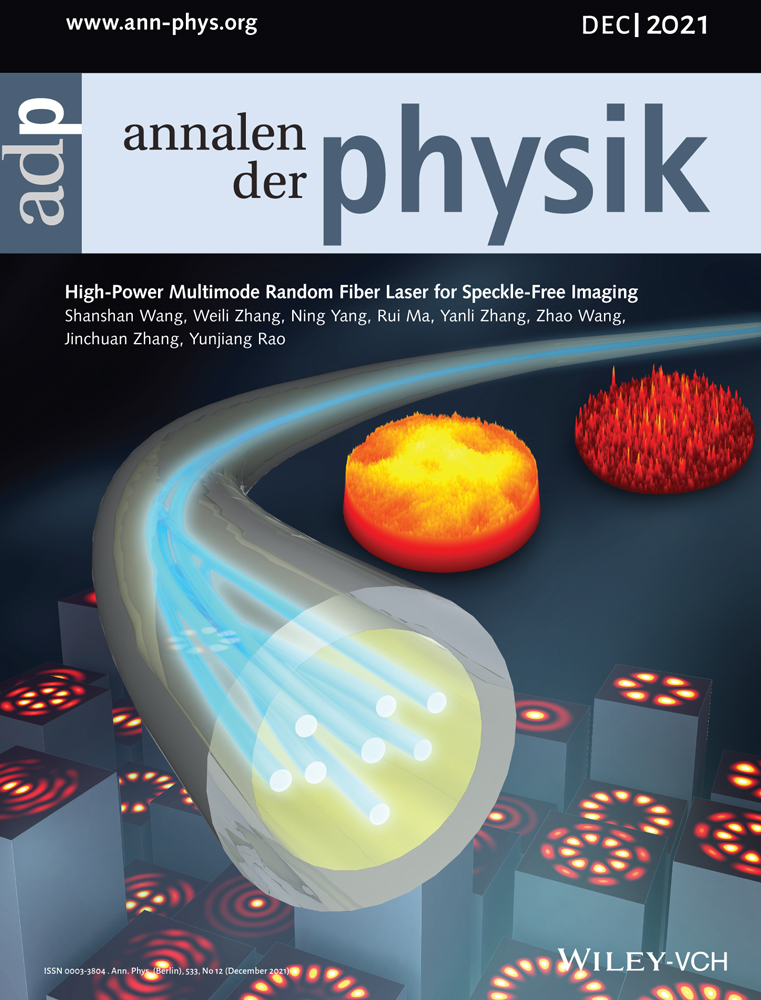Decoherence of Dirac-Quantumness for Open Particles in a Dilatonic Black Hole
Abstract
The quantumness of Dirac particles for quantized fields in a dilatonic black hole is estimated by means of quantum channel. A general Bloch vector representation of quantum channel in black hole spacetimes beyond single mode approximation is developed. The nonclassicality of Dirac particles can be measured by the minimization of quantum coherence over all orthonormal basis sets. The quantumness of the channel decreases as the dilaton field increases. The interplay between the external reservoir noise and dilaton black hole on the dynamical behavior of quantum coherence and steerability is investigated in the Pauli basis. The external environment is modeled by a random telegraph noise channel. The monotonous decay of quantum nonlocality occurs in the weak coupling case. The degradation and revival of quantum nonlocality are observed in the strong coupling condition. It is found that quantum fluctuation effects of the external reservoir can protect quantum coherence and steerability from the information loss of the black hole.
Conflict of Interest
The authors declare no conflict of interest.
Open Research
Data Availability Statement
Research data are not shared.




